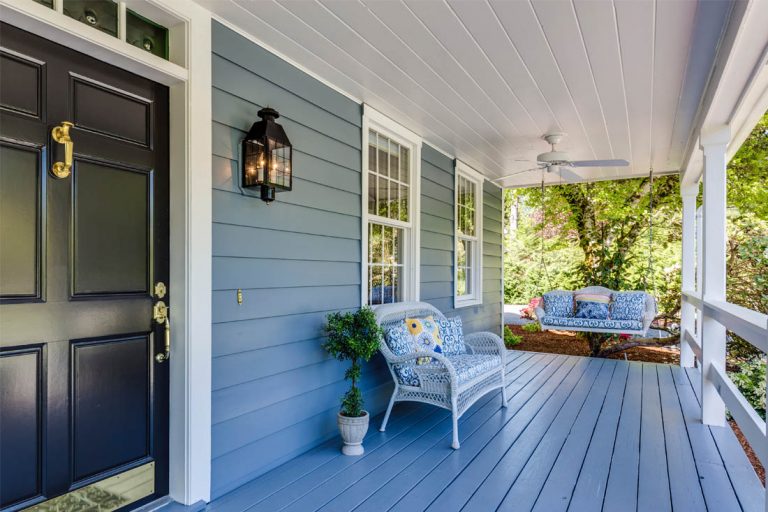Understanding the property settlement process
Settlement day is the day you finally take ownership of your new home. But what actually happens? And what do will you need to do for settlement when you’re buying a property?
What is settlement?
Property settlement is a legal process that is facilitated by your legal and financial representatives and those of the seller.It’s when ownership passes from the seller to you, and you pay the balance of the sale price.
The seller sets the settlement date in the contract of sale. Property settlement periods are usually 30 to 90 days, but they can be longer or shorter.
How to prepare for settlement day?
Here are a few tips that will help settlement day goes as smoothly as possible. Be prepared and make sure:
- you’ve contacted a solicitor or conveyancer to act as your agent in the settlement process
- the sales contract is signed and dated with the correct settlement date (agreed to by both you and the seller)
- you’ve organised all the money needed to complete the sale (to cover stamp duty, lenders mortgage insurance and other fees and charges)
- you’ve organised building and contents insurance effective from the purchase date
- you’ve had an opportunity to complete a final inspection of the property.
Final Inspection
Just before settlement, you’ll have the opportunity to do a final inspection of the property. Often this is done the day before or the morning of the settlement. Contact the agent to arrange this inspection.
The seller must hand over the property in the same condition as when it was sold. When you view the property for the final time you should check:
- appliances, hot water system, heating and cooling are in working order
- structure, walls, light fittings, window and floor coverings are in the same condition as when you first saw the property
- locks, keys and automatic garage door controls are supplied and working.
If you’re buying a new home, make sure all the work is finished and that the appliances are installed and working. You can organise a defects inspection by a building inspector, if you don’t feel confident checking these things yourself.
What happens after settlement?
Once settlement happens, you can collect the keys to your new property from the vendor’s real estate agent. You’re now free to move into – and enjoy – your new home.
Meanwhile, your lender will be taking the amount they’ve paid at settlement from your home loan account – an action known as ‘drawing down’ your loan.
Finally, your legal representative will usually follow up with a letter setting out all the amounts you’ve paid to various people or organisations. This includes money you’ve paid directly to the vendor, money you’ve paid to the vendor’s lender to discharge their mortgage, and money you’ve paid to local and State governments in the form of council rates and stamp duty. You’ll also receive information about legal fees.
Hope you enjoyed the article. For a no-obligations consultation, please contact us via form available here. We will be assist you to answer your questions you may have in relation to this.



